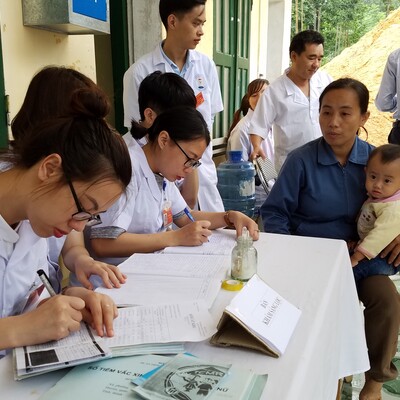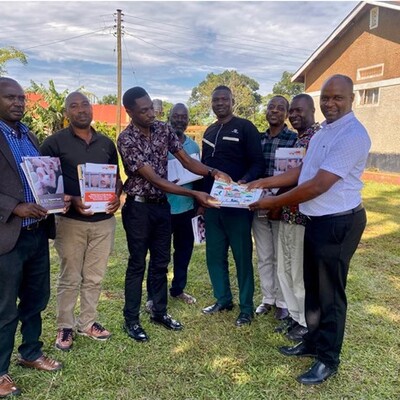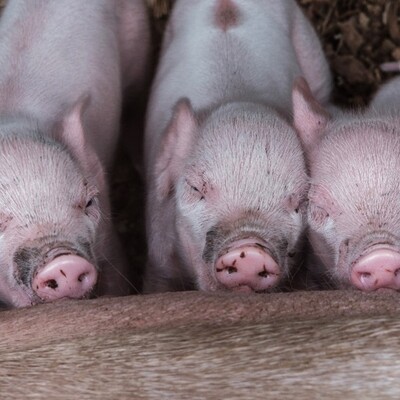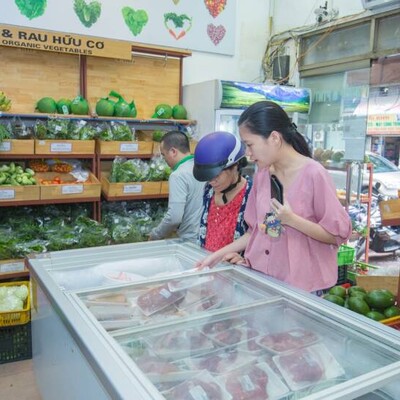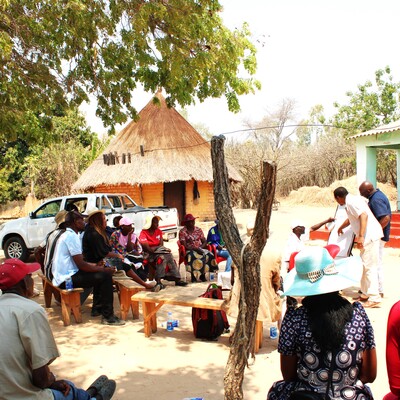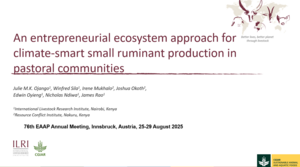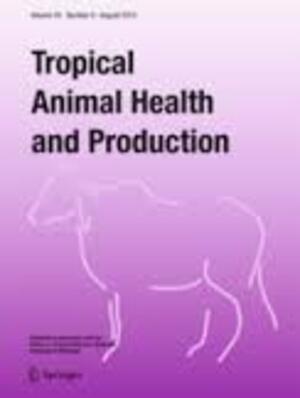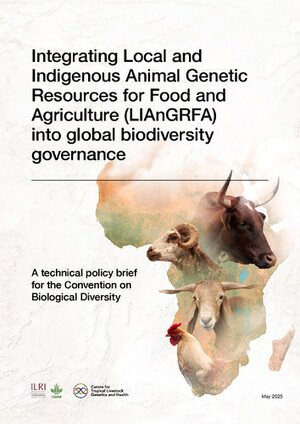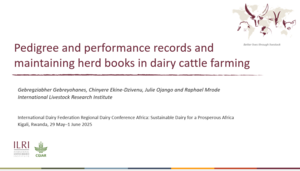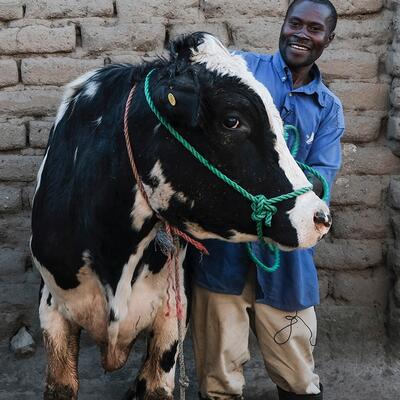
Buffalo fertility boosted in Nepal through training by Guru Angad Dev University and ILRI
The International Livestock Research Institute (ILRI) and the Guru Angad Dev Veterinary and Animal Sciences University (GADVASU) recently trained 15 Nepalese researchers from the Nepal Agricultural Research Council (NARC) Livestock Service Section, and the Veterinary Hospital and Livestock Expert Centre of Directorate of Livestock Services (DLS), on improving fertility in buffaloes.
Buffalo rearing in Nepal is a major part of the agriculture sector in the country. Buffaloes are kept for milk, meat, draft power and manure.
The training was held from 28 November to 6 December 2022 at GADVASU in Punjab State of India.
Co-hosted by the two organizations, the program was coordinated by Parkash Singh Brar, director of Extension Education, GADVASU, Ludhiana; Ravinder Singh Grewal, director of Livestock Farms, and Ajeet Kumar, professor of veterinary gynaecology and obstetrics at GADVASU. It focused on theoretical and practical augmentation of fertility.
At least 15 experts from GADVASU and ILRI trained on topics including hastening puberty, understanding influence of seasonality on buffaloes reproduction, nutrition and reproduction interaction, mitigating stress for optimum productivity, follicular dynamics, synchronization of oestrus, repeat breeding, infectious infertility, uterine defense modulation, functional infertility–cystic ovarian degeneration, handling of uterine prolapse, retention of placenta, handling of dystocia, evaluation of bull fertility, and management of breeding bulls. Other topics included use of sex-sorted semen, semen cryopreservation, updates on Multiple Ovulation Embryo Transfer (MOET)/ in vitro fertilization (IVF)/ Ovum Pick Up (OPU) techniques and organization of village-level animal welfare camps.
The participants gained practical skills in heat detection methods, ultrasonography and colour doppler of reproductive organs/pregnancy diagnosis, IVF-OPU, ultrasonography guided follicular ablation, use of estrous detectors, breeding soundness evaluation, use of electroejaculator, infrared thermography, back fat analysis using ultrasonography, and semen collection and freezing. They also learned the precautions to take during handling and transport of frozen semen, and semen evaluation – CASA. The training included visits to dairy farms to weigh adoption of new techniques vis-a-vis entrepreneurship and expose participants of large and small animal clinical cases at the university veterinary hospital.
Habibar Rahman, regional representative at ILRI South Asia, thanked GADVASU for hosting the training, noting that ‘the advanced clinical and diagnostics facilities at the university had greatly contributed to high-quality training for the participants.’
Inderjeet Singh, vice chancellor of GADVASU, appreciated the collaboration with ILRI and explained the capacity development, lecturing, research and extension activities at the university.
The training was organized under the CGIAR Initiative on Sustainable Animal Production. It is one of 32 CGIAR initiatives designed to achieve a world with sustainable and resilient food, land and water systems to deliver more diverse, healthy, safe, sufficient and affordable diets; and ensure improved livelihoods and greater social equality, within planetary and regional environmental boundaries. In Nepal, one of its seven focus countries, the initiative is coordinated by ILRI. Other focus countries are Ethiopia, Kenya, Mali, Tanzania, Uganda and Vietnam.

Training on improving buffalo fertility at the Guru Angad Dev Veterinary and Animal Sciences University (photo credit: Vijayalakshmy Kennady/ILRI)

Distribution of certificate to the participants by Habibar Rahman (left) and Inderjeet Singh (second right) (photo credit: Vijayalakshmy Kennady/ILRI)






